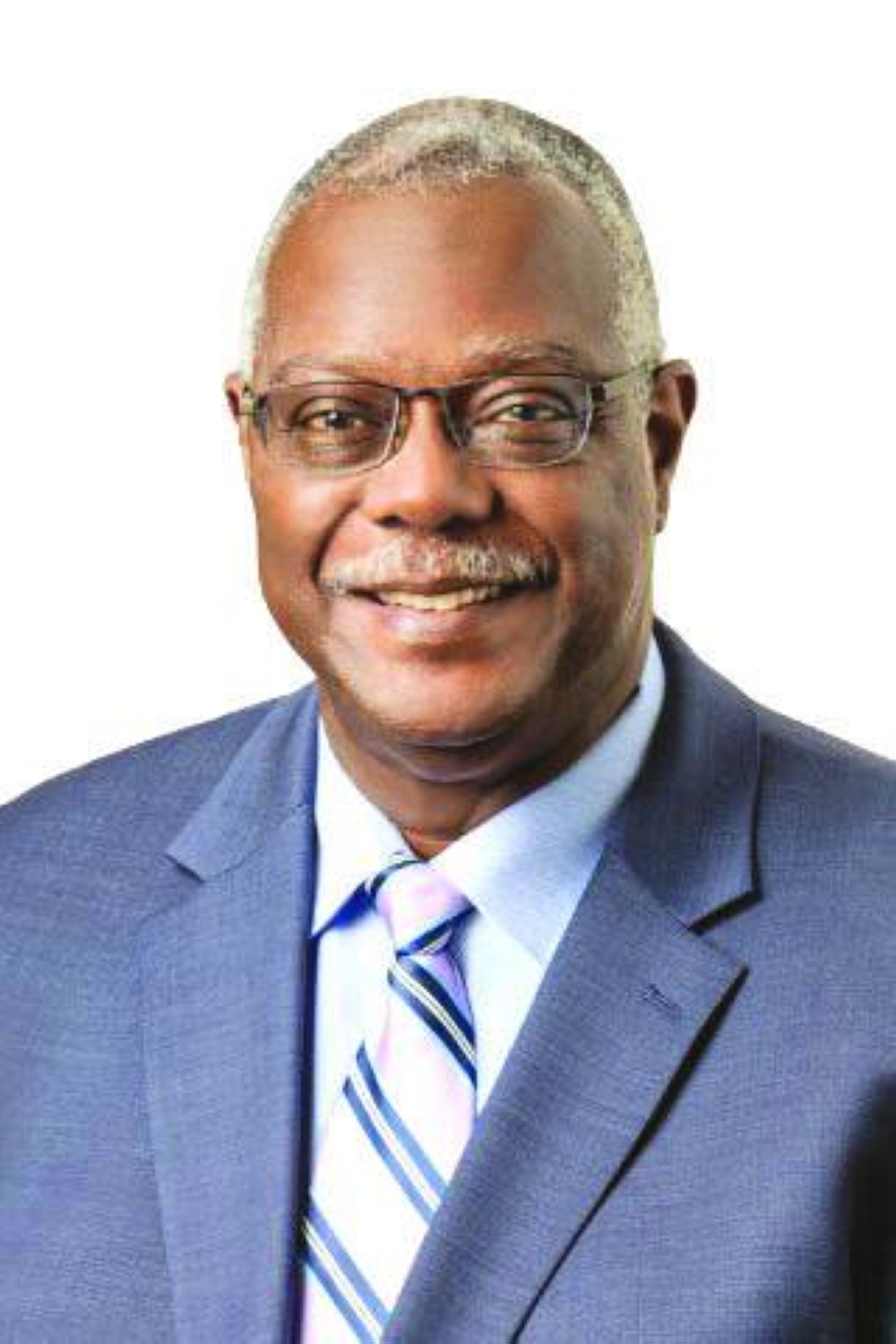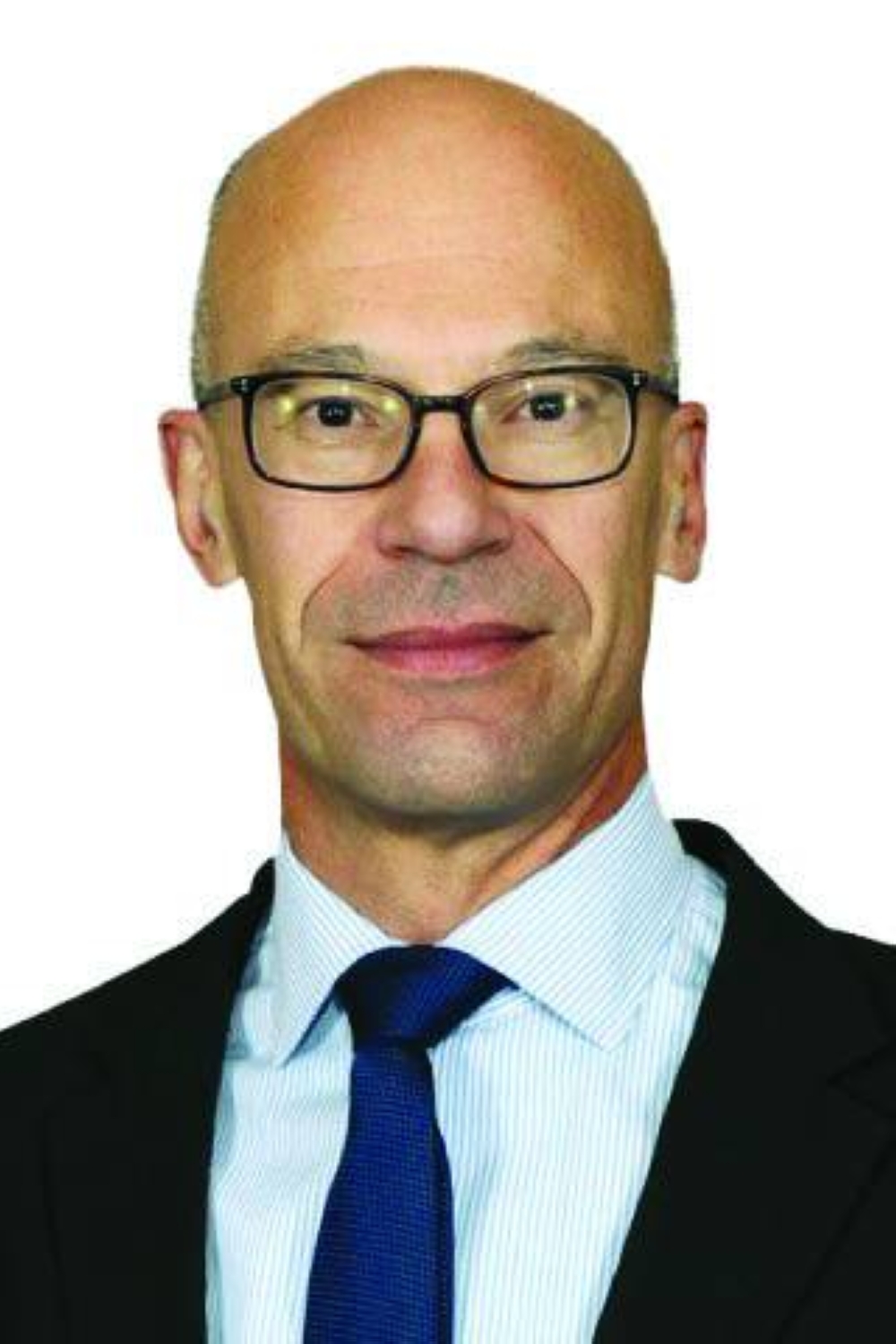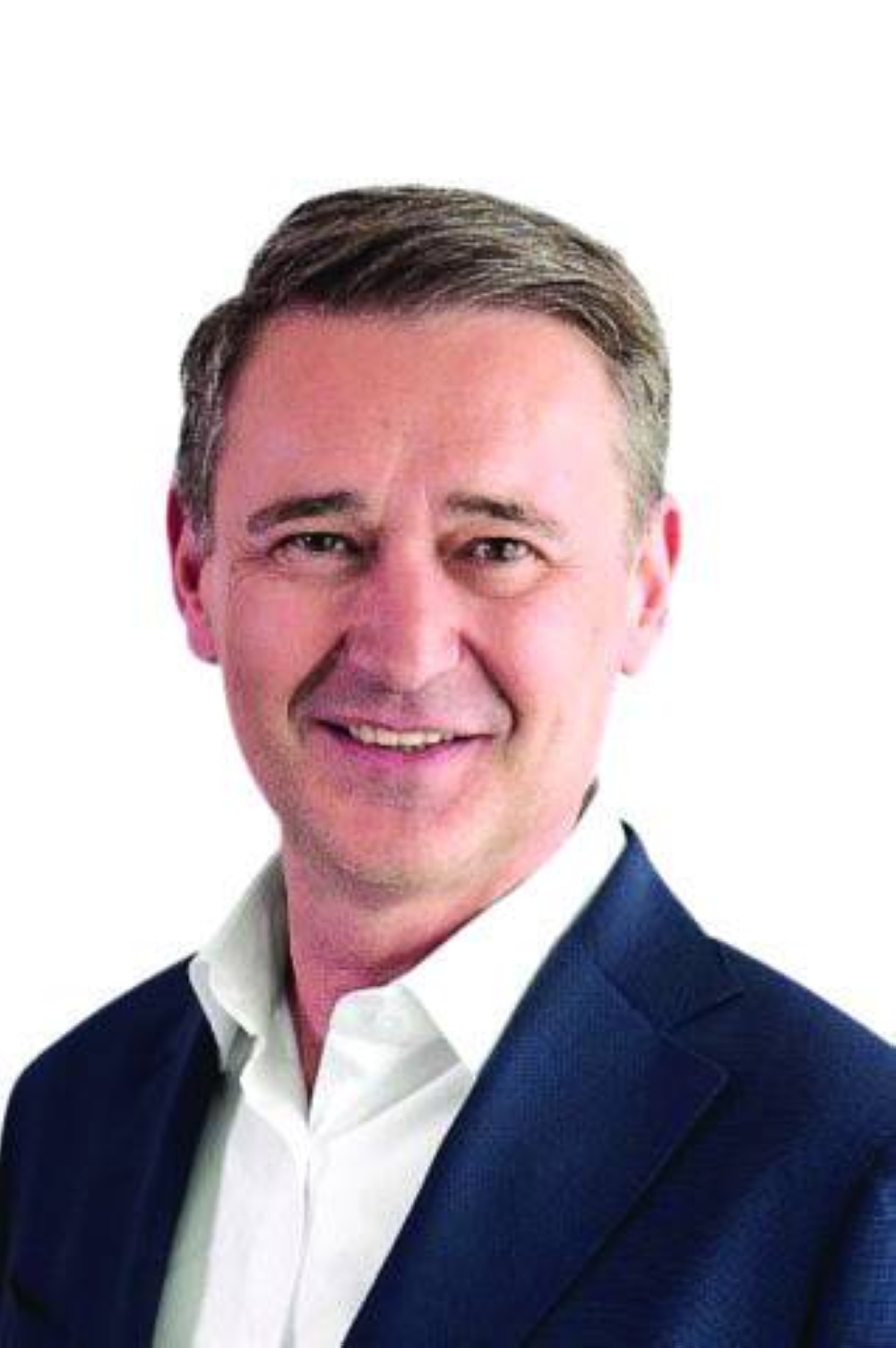The demand for virgin and circular polyethylene is expected to be strong and the Gulf Co-operation Council (GCC) is well-positioned to provide feedstocks and has access to wider geographies, according to a top official of Chevron Phillips Chemicals.
"We expect demand to be strong for virgin polyethylene and circular polyethylene, so there is clearly a push and will be for native materials and then for circular materials. This region is well positioned because it plays an important role in providing feedstocks," Bruce Chinn, president and chief executive officer of Chevron Phillips Chemical told CEOs fireside chat at the 17th annual Gulf Petrochemicals and Chemical Association (GPCA) forum.
The GCC is also well-positioned because it has access to markets, whether it be Europe or Asia, he said, adding it has a long history of partnerships here in the region, he said at the session themed Chemical industry’s role in becoming the ultimate ‘hidden climate champion’.
Highlighting that the Gulf region will play a key role in access to capital, he said its partners have demonstrated the willingness to ‘seek growth, recognise growth and invest in growth’.
“It's clear the region recognises the challenges of transformation and the role that chemistry will play in that,” Chinn said.
"There is a potential and growing opportunities for circular economy and we are also focused on low carbon footprint," he said, highlighting that it has set a target of 15% reduction in carbon dioxide by 2030.
The circular economy is a system where materials never become waste and nature is regenerated. In a circular economy, products and materials are kept in circulation through processes like maintenance, reuse, refurbishment, remanufacture, recycling, and composting.
Chemicals are part of the fabric of the societies, with as much as 96% of everything that is produced needing chemicals. That means, when chemical products become more sustainable, there is a huge multiplier effect, according to GPCA.
Peter Vanacker, chief executive officer of LyondellBasell said the global demand for circular products is slated to be 15mn tonnes and supply of 10mn tonnes by 2030, so there is the supply shortage.
"We need to engage with entire value chain," he said, adding waste management infrastructure is going to be key way to evolve the circular economy.
In this regard, he said in Belgium, 60% of the basic waste is being recycled. There are good cases not just in Belgium, but in other European countries where these schemes work fine, according to him.
Chinn said collaboration is the key as he highlighted the joint effort of Chevron Phillips Chemical, Technip Energies and LyondellBasell on the design, construction and operation of a demonstration unit for Technip Energies’ electric steam cracking furnace technology, designed to cut the greenhouse gas emissions associated with the olefins production.
Vanacker said plastics are needed for a sustainable future and circular solutions are not going to be replaced in foreseeable future.
In mature economies, as much as 50% of the growth is going to be in circular solutions, he added.
Dr. Bernd Elser, who leads Accenture's global Chemicals and Natural Resources practices and was the moderator for the fireside chat, said various reports suggest that as much as $200bn worth demand has been estimated for sustainability-related chemicals by 2027.

Bruce Chinn, president and chief executive officer of Chevron Phillips Chemical.

Dr Bernd Elser, Accenture's Global Lead for Chemicals and Natural Resources.

Peter Vanacker, chief executive officer of LyondellBasell.

